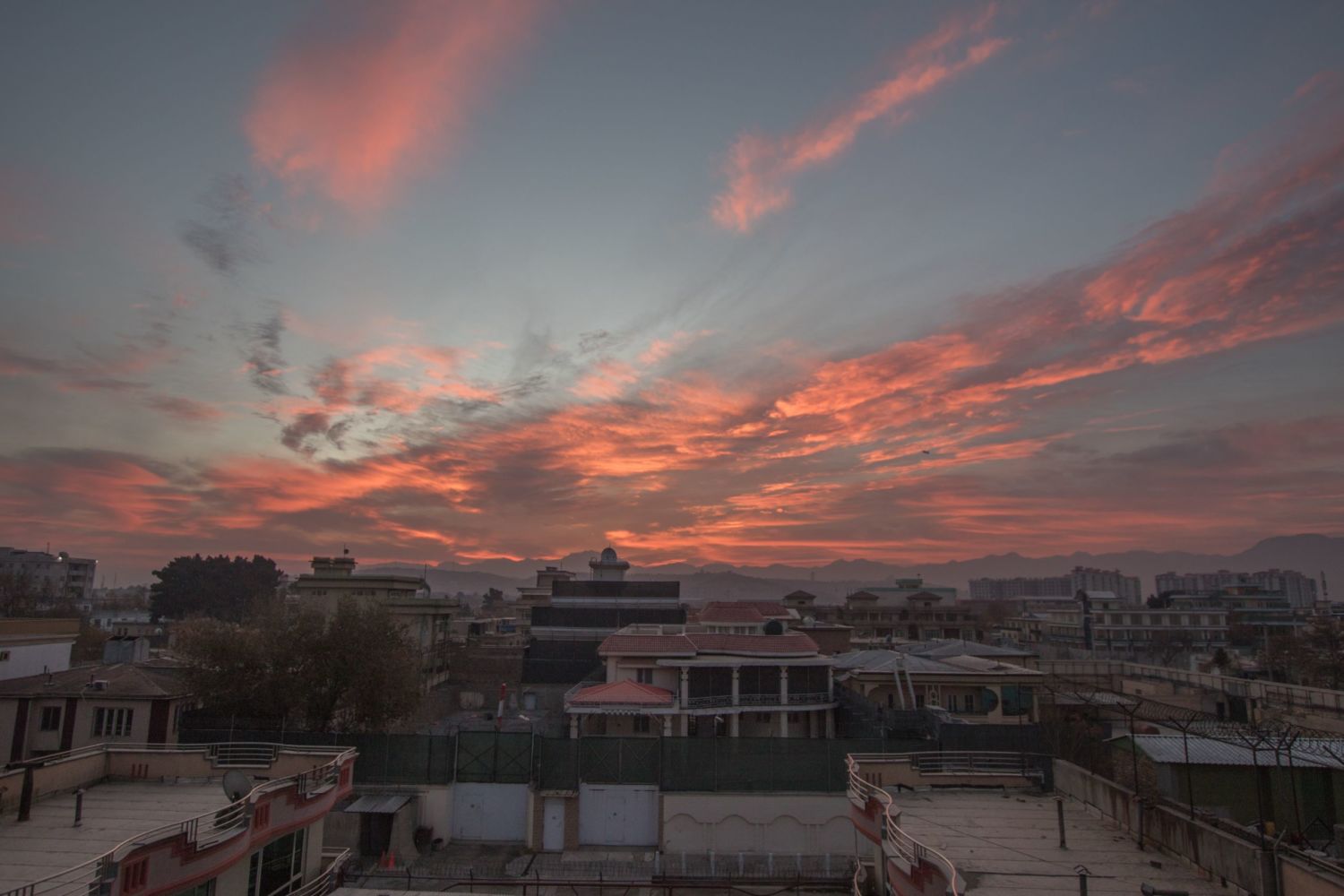The voices of Afghan women and girls are being muted — it’s time for Canadian women to fill the silence
Why It Matters
Canadian, international and Afghan women’s rights organizations have spent the last few decades fighting tirelessly for women’s education, work, and safety. Their work — and their partnerships with one another — are significantly threatened under the Taliban.

The Taliban had a critical target when they invaded Kabul: the headquarters of the National Security directorate and the Ministry of Communications. Their goal was to secure the files of Afghan intelligence officers and their informers, and the ability to track the telephone numbers of Afghan citizens. In this transition, information, intelligence and data have become assets of immeasurable value.
Access to this information has given the Taliban the power to begin the systematic hunt of Afghanis who worked tirelessly to build a new future for their country. Under immediate threat are women and girls whose voices and stories are now increasingly hard to find.
As they fear for their lives, women’s rights leaders who have fought for their place in the workforce, their right to education and to a life free from violence, have been forced into hiding.
CARE International warns that women and girls were already in need of access to menstrual hygiene products, food, and health services that include gender-based violence support. With these latest developments in-country, the risks to women and girls, including early and forced marriages, are likely to increase.
At the same time, UNICEF estimates that 10 million children across Afghanistan require humanitarian assistance to survive. Today, 4.2 million children are out of school, including more than 2.2 million girls.
UNICEF and CARE are among few Canadian organizations that have publicized their plans to stay and continue their work in Afghanistan. Many NGOs and civil society organizations will only privately share the terrifying stories of Afghan women and girls who have been sent home from work and banished from classrooms. Local staff are unable to provide health care and life-saving interventions in a country collapsing around them. They have been forced into silence by the potential for Taliban retribution, fearing for the lives of their staff and Afghan citizens. Many of these organizations have made the difficult decision to remove any identifying information from their websites related to health and rights humanitarian projects in Afghanistan.
The Canadian Partnership for Women’s and Children’s Health (CanWaCH) is among the organizations that have removed all references to members’ Afghanistan projects. As the Taliban takeover of Afghanistan advanced, CanWaCH’s Project Explorer listed 13 projects in Afghanistan focused on a variety of interventions, including, maternal, newborn and child health, healthy housing, gender equity in education, polio eradication, women’s leadership and more. This valuable information that connects people, fosters partnerships and provides a window into the life-saving work of Canadian NGOs has been all but erased from the public domain, at least for now.
The need for caution in communicating this important work is understandable. The safety and security of the staff and partners of Canadian organizations is paramount. Yet this risk mitigation measure also presents a new challenge.
With journalists being forced out of the country and organizations unable to comment on what is happening on the ground out of fear, how do we ensure that the voices of our Afghan partners and women and girls are not silenced?
As stories become fewer and farther between, with the formal withdrawal of the U.S. and other nations, Canadian women will need to dig in and listen to the voices on the ground who are willing and able to speak. At CanWaCH, we will be undertaking an ongoing risk analysis that balances the safety of humanitarian staff and women and girls in Afghanistan with the need to have their voices heard.
Canada cannot forget any of the women and children across Afghanistan, not just those we are seeing on the news. Health, rights, education, nutrition and humanitarian programs must continue through Canadian organizations.
Many organizations — both international and grassroots — will continue to make sure that this important work is done. But for their own safety, and for the safety of those they support, it must be done as part of a quiet resistance.
In the meantime, it’s time for Canadian women to get loud. We must stand in solidarity with the women of Afghanistan to ensure that their experiences are not forgotten – until it is safe for them to take the mic back.
